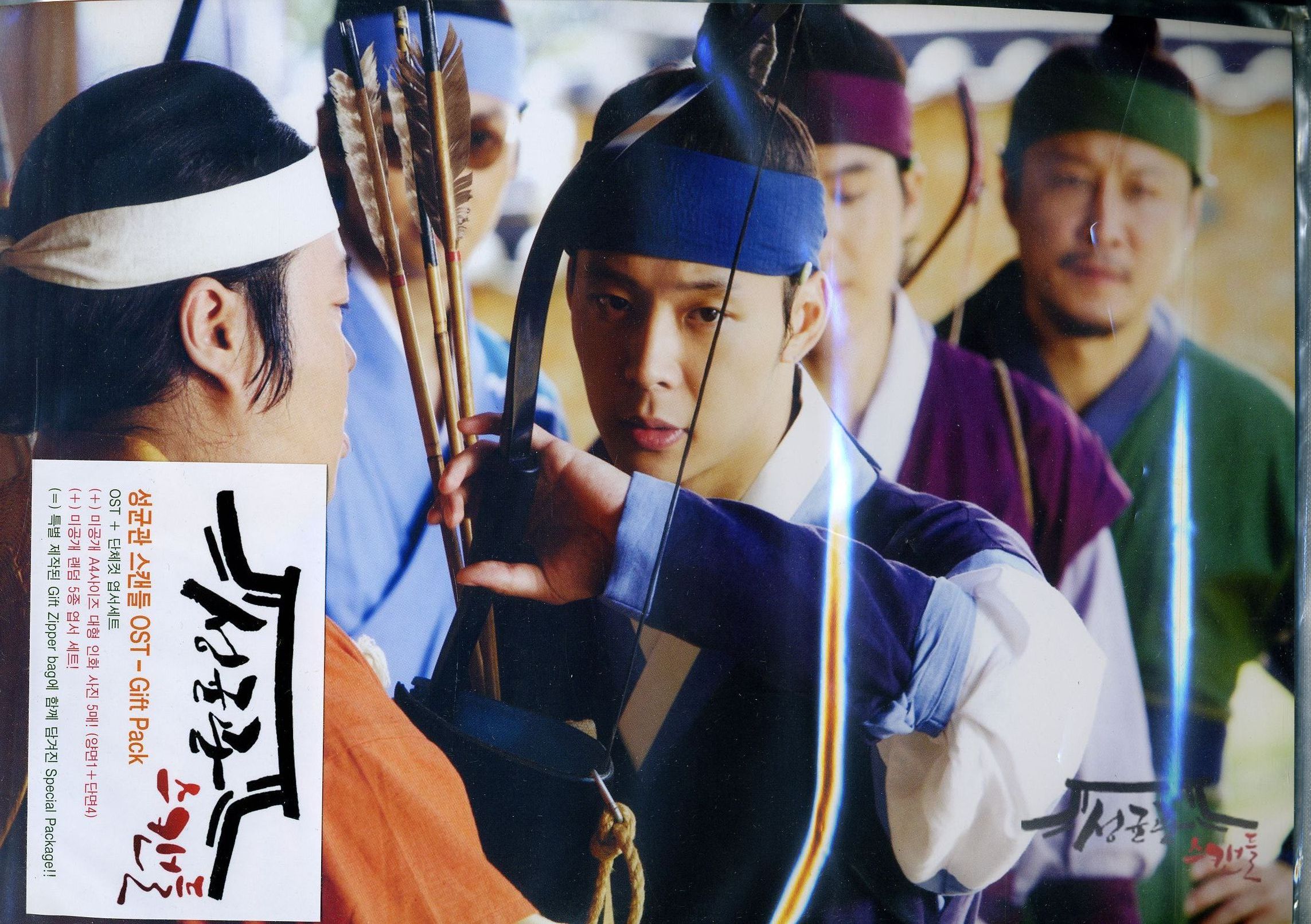
Weaver, Ralph
product information
description
7The Franco-German War of 1870-71 saw the demise of one empire, that of Napoleon III and the birth of another, a new German empire under the rule of the king of Prussia and his first minister Bismarck. Many books have been written on the campaigns and battles of the war; this is the first to center on the armies themselves.
After the debacle of the French surrender at Sedan vast new armies were raised, both in France and Germany. The French Republican government, under the tireless enthusiasm of Leon Gambetta, tried to mobilize the whole male population to participate in some form or other; was he successful? This book explains how they were organized, how they were armed, what uniforms they were dressed in and how they were supplied with the essentials of war. Technical innovations changed the way armies behaved in the field, railways speeded up movement, the telegraph delivered orders in a fraction of the time and new weapons altered tactics used on the battlefield. How did the leaders react to the opening battles, what changes were made to battlefield tactics? What was the effect of the establishment of the Volunteer forces, the Franc-Tireurs. How quickly did the uniforms and equipment survive under field conditions and what did the authorities do to remedy any problems? Many contemporary works have been used either in their original form or now available as digital copies from French and German sources. Many English language sources have also been used together with memoirs from soldiers, officers and men as well as diplomats, volunteers, combatants and those ministering to the wounded. The American Civil War had demonstrated the practical use of railways, the Germans expanded their railway departments, both in the General staff and in the field. The Germans had planned their railways with scientific care, to keep the field armies supplied, to evacuate the sick and wounded and to maintain the tracks, bridges, depots and rolling stock, bringing in thousands of railway workers from the German private railway companies. Both armies had to adapt to one of the harshest winters in living memory, marching, camping and fighting in rain, snow and mud, all but a few roads having a prepared surface.
The Republic Fights Back contains a large number of images, including rare contemporary illustrations and 20 pages of color uniform plates.
After the debacle of the French surrender at Sedan vast new armies were raised, both in France and Germany. The French Republican government, under the tireless enthusiasm of Leon Gambetta, tried to mobilize the whole male population to participate in some form or other; was he successful? This book explains how they were organized, how they were armed, what uniforms they were dressed in and how they were supplied with the essentials of war. Technical innovations changed the way armies behaved in the field, railways speeded up movement, the telegraph delivered orders in a fraction of the time and new weapons altered tactics used on the battlefield. How did the leaders react to the opening battles, what changes were made to battlefield tactics? What was the effect of the establishment of the Volunteer forces, the Franc-Tireurs. How quickly did the uniforms and equipment survive under field conditions and what did the authorities do to remedy any problems? Many contemporary works have been used either in their original form or now available as digital copies from French and German sources. Many English language sources have also been used together with memoirs from soldiers, officers and men as well as diplomats, volunteers, combatants and those ministering to the wounded. The American Civil War had demonstrated the practical use of railways, the Germans expanded their railway departments, both in the General staff and in the field. The Germans had planned their railways with scientific care, to keep the field armies supplied, to evacuate the sick and wounded and to maintain the tracks, bridges, depots and rolling stock, bringing in thousands of railway workers from the German private railway companies. Both armies had to adapt to one of the harshest winters in living memory, marching, camping and fighting in rain, snow and mud, all but a few roads having a prepared surface.
The Republic Fights Back contains a large number of images, including rare contemporary illustrations and 20 pages of color uniform plates.
member goods
No member items were found under this heading.
Return Policy
All sales are final
Shipping
No special shipping considerations available.
Shipping fees determined at checkout.







